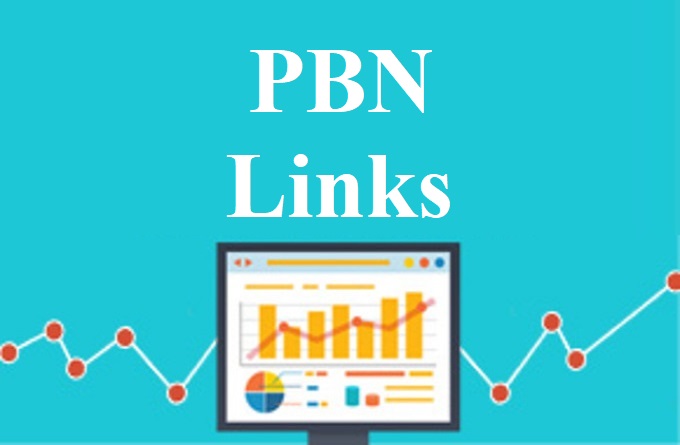Welcome to the ultimate guide to backlinks and their pivotal role in SEO success. Whether you’re a beginner or an advanced SEO practitioner, understanding the strategic importance of backlinks can tremendously enhance your website’s visibility and ranking on search engines. In this guide, we’ll delve into the intricacies of backlinks, explaining not only why they are essential but also how you can effectively use them to optimize your SEO performance.
Backlinks are fundamentally links from one website to another. Search engines like Google use these links as votes of confidence that indicate the credibility and relevance of your content. A higher number of quality backlinks often correlates with higher search engine rankings. However, not all backlinks are created equal, and understanding the differences is crucial for building a successful SEO strategy. Let’s explore the various facets of building and managing backlinks in order to maximize your online presence and authority.
Contents
The Importance of Quality Over Quantity
While it may be tempting to gather as many backlinks as possible, the quality of backlinks is far more important than their quantity. A single backlink from a well-respected and relevant site can have a much greater impact on your SEO than numerous low-quality links. Links from authoritative sites Backlinks for SEO pass more ‘link juice’ to your site which is beneficial for improving your site’s credibility and search engine ranking.
Google’s algorithms are highly sophisticated and can easily identify link schemes intended to manipulate page rank. Practices such as buying bulk links from low-quality directories or participating in excessive link exchanges are not only ineffective but can also lead to penalties that harm your site’s ranking in the long term.

Types of Backlinks
Different types of backlinks have different values. The most effective form includes organic links that are given without any direct action on the part of the website owner—think of content so compelling or valuable that other site owners want to share it with their audience. Another type includes manually built links, such as those acquired through asking customers to link to your site or engaging in outreach activities.
The context within which these links appear is also critical; a link from a page that is semantically relevant to your own site’s content is more beneficial than a random link from an unrelated site. Understanding these nuances allows for tactical optimization that can significantly boost SEO performance.
Link Building Strategies
To develop a sustainable link-building strategy, you should focus on creating high-quality content that naturally attracts backlinks. This includes original research, comprehensive guides, and helpful resources. Each piece of content should provide value that establishes your authority in your niche and encourages others to cite your work as a source.
Beyond great content creation, engaging with influencers and impactful bloggers in relevant industries can broaden your reach and help accumulate authoritative backlinks faster. Remember, building relationships within your community can lead to organic growth in both relevance and authority over time.
Analyzing Backlink Health
A regular analysis of your backlink profile is crucial to ensure its health and effectiveness. Online tools such as Ahrefs or SEMrush offer insights into which sites link to you and the quality of these backlinks. Poor or spammy linking sites can negatively affect your search ranking, making it important to routinely cleanse your profile by disavowing low-quality or irrelevant links.
An optimal backlink profile would consist largely of high-authority sites directly related to your business or niche area. Monitoring changes and patterns can also prevent potential penalties by keeping you informed about the latest SEO guidelines related to link-building practices.
Avoiding Common Backlink Mistakes
The consequences of unethical link-building practices can be severe—ranging from losing ranking positions to receiving manual penalties from search engines. Common missteps include purchasing mass links from unknown sources, using exact match anchor text excessively, or implementing automated programs designed solely for artificial link generation.
Instead, focus on cultivating natural linking methods like digital PR, guest blogging with respected publishers, or creating linkable assets that draw attention organically. Educating yourself about Google’s guidelines ensures safer strategies that preserve the integrity of your website while fostering growth.
To conclude, successful SEO via strategic use of backlinks demands both understanding and diligence. By prioritizing high-quality content, engaging meaningfully with others in your industry, regularly analyzing your link profile, and adhering closely to ethical standards, you pave a solid path toward lasting SEO success.
Remember, incorporating robust strategies for acquiring valuable backlinks not only boosts your SEO performance but also enhances overall user engagement and satisfaction—key drivers in today’s digital marketplace competitiveness.

